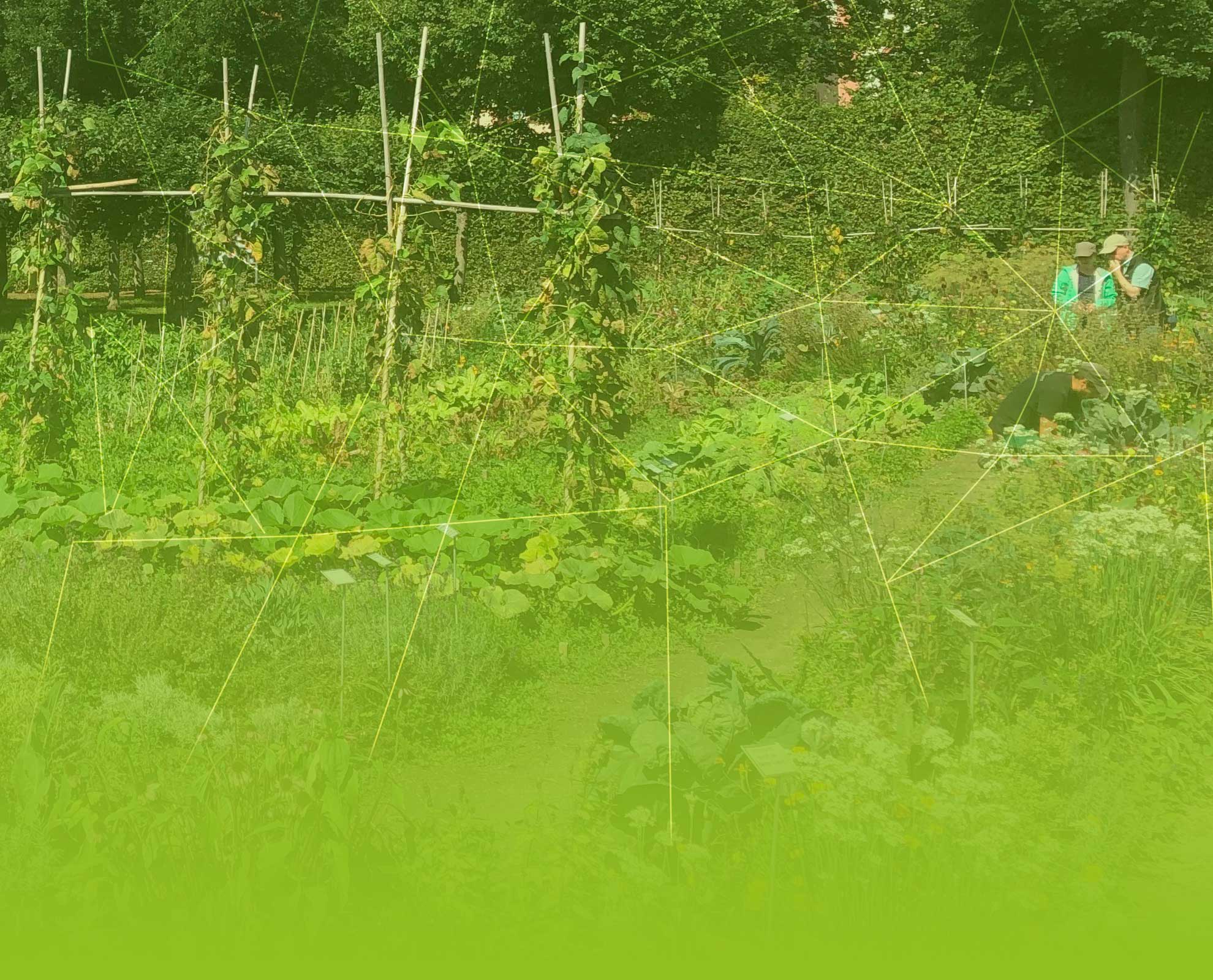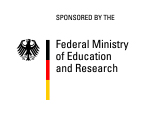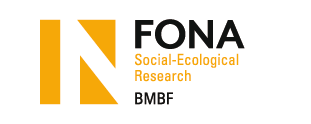Starting situation and research questions
The goal of InTrans is to show pathways of transformation towards an economy that is ecologically and socially just. The focus will be medium- to long-term perspectives with regards to a changing environment. This project is constructed in an interdisciplinary way and brings together researchers from the fields of philosophy, economics and sociology. Concrete policy recommendations shall be derived. The targeted incorporation of practitioner partners ensures a high scientific quality and the relevance of all parts of the project.
Project goals and research questions
Within the research project, six work packages are implemented. The first work package (AP1) consists of the basic research that deals with possibilities for public participation for societal change. With the help of philosophy and economics, important mechanics of dynamic social processes are reviewed empirically (AP2). One measure to enhance and maintain willingness to cooperate within the society is “matching”. This measure is evaluated on the basis of models and empirical methods in order to illuminate transformation processes in AP3. Technological development trajectories are crucial for resource efficiency and climate protection. These trajectories will then be evaluated in more detail in the fourth work package (AP4). For that an innovative economic model was evaluated to analyse these development trajectories. This is particularly important since distributional effects and environmental policies can have negative social impacts. Supplementary to the forth work package is a micro economic model to be developed in AP5. In this model, different policies and their social impacts are simulated. Eventually, in the last work package (AP6), the societal adaptability and different lifestyles of social groups are researched with sociological methods. Given the broad scope of the project, it will be possible to derive recommendations for the arrangement and governance of a green transformation.
As a hub for the implementation of the research results, a steering board has been established. This board consists of international organizations, federal ministries, non-governmental organizations, businesses and corporate associations as well as nationally and internationally renowned scientists. Hence, this board brings many different expertises and competences together. Through international conferences, meetings and a bilateral exchange, the project results can be directly communicated to key institutions. Furthermore, a project web page will allow the public and the international scientific community to access the project results. Additionally, publications in scientific journals and broad public publications are planned.
The project consortium of InTrans includes two leading German economic research institutes: the Centre for European Economic Research (ZEW) and ifo Institute. To ensure an interdisciplinary approach, two more scientific partners are included. The Ludwig-Maximilians-University in Munich (LMU) covers the sociology aspects, while philosophy is covered by the University of Bayreuth. The widely branched networks of these four institutions are used to disseminate the results to experts and influence policy-making.
Dr. Christiane Reif, Zentrum für Europäische Wirtschaftsforschung GmbH (ZEW), FB Umwelt- und Ressourcenökonomik,
Umweltmanagement




